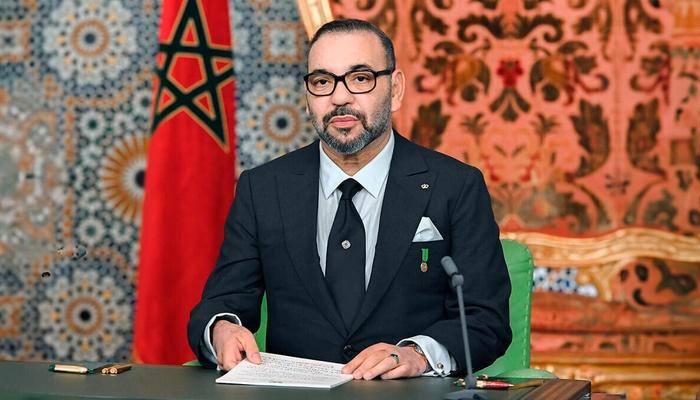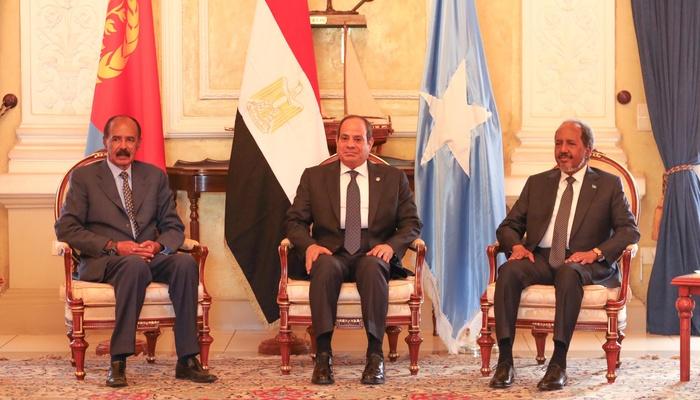Moldova: the Role of Pro-Russian Parties in the Protests
The Moldovan’s government crisis, which last month led to the resignation of prime minister Natalia Gavrilita, has been aggravated by the protest rallies in the capital Chisinau, where the population began to manifest against the rampaging inflation, which reached 30% last year, caused by the ongoing energy crisis. The left-wing parties, traditionally close to Moscow and currently in the opposition, have had a central role in the mobilization of the citizens and in the organization of the protests. Their most likely objective is to exploit the disgruntlement of the population, caused by the economic hardships, to strengthen their approval and push president Maia Sandu to call for early elections.
Moldovan politics are traditionally characterized by a severe polarization. In fact, the two main party blocks are the pro-European right, such as the Party of Action and solidarity which is currently in power, and the left, formed by the Block of Communists and Socialists and by the Sor party, that is strongly in favour of Moscow. This clear division has produced extremely different views which have, cyclically, led Chisinau to be closer to Europe, if under a right-wing government, or to Moscow if the left held power. This polarization is mirrored on a societal level by the clear division between Romanian speaking Moldovans, who are close to Bucharest and Europe, and Russian speaking Moldovans who feel closer to Moscow.
The most relevant pro-Russian party from an historical standpoint is the communist one. The communists held power from 2001 to 2009 and their most prominent member is former president Vladimir Voronin. The Party of Communists of the Republic of Moldova is the formal heir of the Communist Party of Moldova which ruled the Soviet Republic of Moldova from its annexation to the USSR in 1940 to the collapse of the Soviet Union in 1991. This party, similarly to its Ukrainian counterpart, built its message and electoral success upon the celebration of the glories of Soviet times in contrast with the difficulties that came with de-sovietisation. Its closeness to Russia is the product of two important factors: the first is its constant recalling of Soviet History and glory in its political communication; the second is that most of their electoral basin consists of the Russian speaking inhabitants of Moldova, who consider this party the only political actor capable of defending them from discriminatory laws. This concept derives from the positive impression left on the Russophones by the stance of the Voronin government (2001-2009) in their regards. The other group of strenuous supporters of the Communist party are the Moldovan citizens living in the autonomous region of Gagauzia, who vote following a logic of opposition to the forces wanting closer ties with Romania in order to defend their ethnic unicity from the Romanian ethnicity which is dominant in the country.
The second pro-Russian party is the socialist one. The Party of Socialists of the Republic of Moldova is left leaning in its view of the economy albeit assuming a more conservative posture regarding civil rights. The party does not construct its communication on the celebration of Moldova’s Soviet past despite being funded on socialist values. As of today the party is part of the opposition and, since the Ukrainian war broke out, it often assumed positions against the west. The party is represented by Igor Dodon, already president of Moldova from 2016 to 2020. The pro-Russian spirit of the party is mainly linked to its conservativism. The party is in fact characterized by being strongly against Nato and the European union besides being immovable in its opposition to any kind of opening to the LGBTQ+ community, exactly like the more conservative parts of Russian politics.
The last of the pro-Russian political actors is the Sor Party. It is the youngest of the three, despite its foundation dating back to 1998, as only in 2019, thanks to the acquisition of 7 seats in the Moldovan parliament, it moved from being an extra-parliamentary movement to an institutional party. Sor retains pro-Russian views for the same reasons as the socialists and communists: a focus on welfare and a position extremely conservative and anti-western. This party is guided by oligarch Ilan Sor, currently living in exile in Israel, who was forced to flee the country after the 2014 financial scandal which saw him involved in the disappearance of a billion dollars, a sixth of the country’s GDP, from the Moldovan banking system. Since November 2022 the party, currently having 6 seats in parliament, is under investigation because of presumed interferences of foreign countries in their actions.
Ilan Shor had already organized, in September 2022, a series of protests in front of the Moldovan parliament demanding early elections. In October Shor was sanctioned by the U.S. treasury because of his links with Moskow and his attempts to sabotage Moldovan democracy. His role in February’s protests is central since he himself financed a massive media campaign on Facebook with adverts aimed at creating riots and protests against President Sandu, which eventually led to the attempted storming of the Moldovan parliament of February 27th. Shor’s main contact with Moskow is Russian businessman Igor Chaika, already friend with former socialist president Dodon, who was working as a mediator to bolster the cooperation between the economies of Russia and Moldova.
Even though the discontent offers an opportunity to pro-Russian parties to strengthen their electoral base, the only party whose role in the protests has been officially proven is the Sor List. Sor organized the network of transports which brought the citizens in the streets. Furthermore, Sor has officially ked some of the protests as the vice president of the party, Marina Tauber, was seen with a megaphone inciting and guiding the protesters. The events in Chisinau led to resignation of Gavrilita who was replaced as Prime Minister by former presidential adviser for defence and security Dorin Recean. The president herself, in a speech to the nation televised the 13th of February, hinted at the presence of Russian plots aimed at destabilizing Moldova and avoiding its entry in the European Union. In general, by supporting the protests the left is trying to invert the trend which has seen it lose consensus since the beginning of the war in Ukraine. Such parties, historically close to Moscow, might once in power decide to shift Moldova from the West towards Russia. This worry is legitimate since closer relations with Moskow would lead to better agreements regarding energy supplies which would represent a partial solution to the cost-of-living crisis, which sparked the protests in the first place. Furthermore, the presence of the 1600 peacekeeping Russian soldiers in the separatist region of Transnistria, placed there after the peace agreements of 1992, keeps the situation tense.
In conclusion it is undeniable that pro-Russian parties are gaining popularity in Moldova. The reasons behind this increase are mainly of socioeconomic nature and the objectives of these parties are electoral: the left wants to obtain early elections, as it happened already in 2009 and 2011. The one party of the pro-Russian bloc which seems to justify the hypothesis of a foreign intervention by Moscow is the Sor List.
The situation is made even more complex by Putin’s withdrawal of the 2012 decree that recognised Moldovan sovereignty over Transnistria. Such act foreshadows that Moldova will become an important player in the clash between Nato and Russia produced by the Ukrainian war. As proven by Recean’s visit to Bucharest the first of March to strengthen the friendship between the two countries showing that, ecept for radical internal changes, Chisinau strategy should remain the same: to stand with NATO and the European Union. Chisinau’s position is strengthened even further by the linguistic reform approved the 3rd of March which will see the words “Moldovan language” substituted with “Romanian language" in the constitution, distancing, even more, the country from Moscow and its Soviet past.





